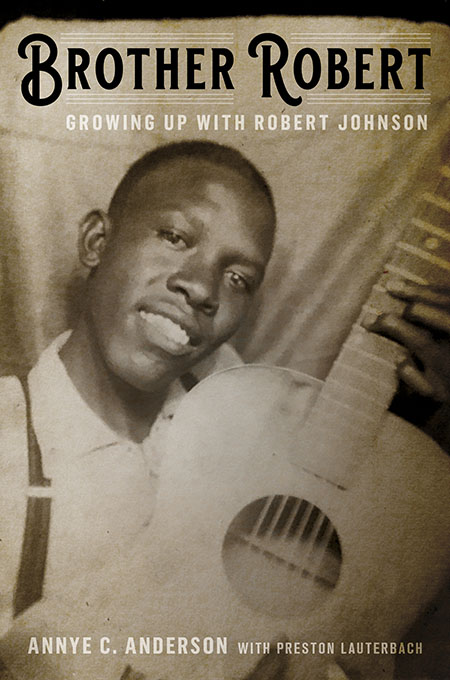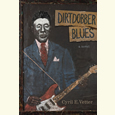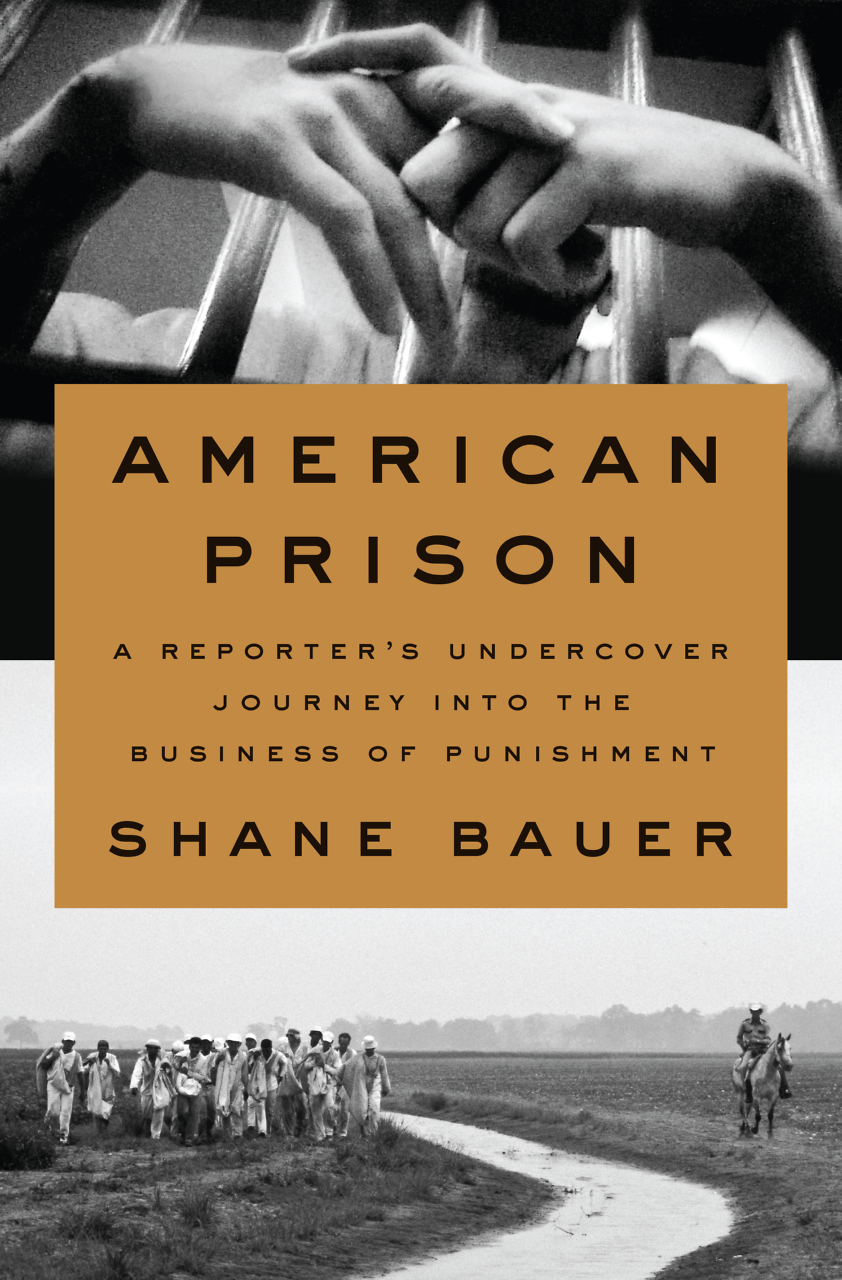Portrait of the Artist as a Young Nashvillian
Liz Riggs’ debut novel looks at a creative woman’s struggle to find herself
With her debut novel, Lo Fi, Liz Riggs proves that Nashville can hold its own along with New York, L.A., or Boston when it comes to locales where young artists go to find themselves. Of course, anyone who lives in Nashville — or has watched Nashville — knows this, as does anyone who’s ventured beyond the pedal tavern to see a show while in town for a bachelorette party. But, for some reason, literature hasn’t caught on yet. Enter Lo Fi, which promises to join the ranks of Stephanie Danler’s Sweetbitter, Lily King’s Writers & Lovers, and other memorable portraits of the artist as a young woman.
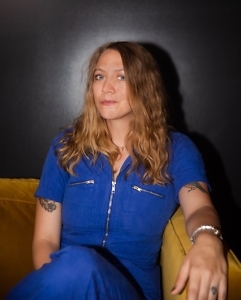
Like other works in the genre, Lo Fi explores how a creative’s sexual and/or romantic relationships mirror her relationship with her art. And as is often the case, all kinds of relationships are stilted for Lo Fi’s narrator, Alison (who, to signal her quirkiness, goes by Al) — though she refuses to confront this reality. Instead, Al is constantly in the throes of a seemingly never-ending bender, gorging herself on liquor, beer, weed, and Xanax, along with bartenders, lead singers, and anything else that numbs her fear of failure, of wasting her life.
Instead of making music, Al works the door at a mid-size venue, listening to artists play in the room next door. And instead of pursuing her beanie-wearing, trumpet-playing, book-loving coworker, Julien, Al pines over her now-famous ex and has one-night stands with strangers she inevitably regrets.
But despite her valiant attempts, Al never succeeds in silencing her self-deprecating anxieties. Instead, they seep through the noise — the lo fi—in dissonant bursts throughout the narrative: “Losing my capo. Forgetting the chords to the first song I wrote. Saying I’ve heard of a band while not having any clue – any effing clue — who they are. Not recognizing a Merle Haggard song, an Emmylou Harris song, a Hank Williams song. Not being able to come up with my own melody for almost an entire year.”
In fact, much of Lo Fi is told through stream of consciousness made up of disjointed, cascading prose and long, meandering sentences, making time as slippery for readers as it is for Al. Whenever Al realizes that weeks or months have passed, it catches readers by complete surprise, too. In this way, Riggs introduces Nashville’s 21st-century lost generation, conjuring images of early 20th-century ex-pat writers stumbling down Parisian streets. “Waking up and feeling like I’m underwater. Preferring drinking over eating. Relishing the dark headlines, wishing for rain, for the sun to go down. Not getting out of bed until noon.” It comes as no surprise when Al mentions Julien is reading Hemingway’s The Sun Also Rises.
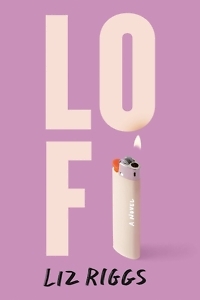 For all of Al’s reckless abandon and imbalance, Julien provides an unlikely, sturdy foil. In the early stages of the book, he seems to be just another of the many background characters who populate Al’s day-to-day life. But slowly, organically, Julien becomes a respite for Al, the axis of her centrifuge, with his Dry January, affinity for cooking grown-up meals, and familiarity with the concept of boundaries. His earnestness and vulnerability, and the slow burn of their relationship, brings both Al and readers out of the haze. Al’s feelings crystalize, and her awareness of the world outside her head begins to sharpen.
For all of Al’s reckless abandon and imbalance, Julien provides an unlikely, sturdy foil. In the early stages of the book, he seems to be just another of the many background characters who populate Al’s day-to-day life. But slowly, organically, Julien becomes a respite for Al, the axis of her centrifuge, with his Dry January, affinity for cooking grown-up meals, and familiarity with the concept of boundaries. His earnestness and vulnerability, and the slow burn of their relationship, brings both Al and readers out of the haze. Al’s feelings crystalize, and her awareness of the world outside her head begins to sharpen.
For a long time, however, Al fails to match or even recognize Julien’s levelheadedness, opting instead to self-sabotage, spewing shrapnel at those around her. Al suffers from an interesting, though not uncommon, complex: As a woman facing constant condescension and objectification in both the music industry and her romantic and sexual life, she begins to underestimate her capabilities, both positive and negative. In one internal monologue, Al admits to “not taking myself seriously for so long that eventually I start to wonder if anyone else ever will.” This self-doubt hinders her belief in both her own power to create art and to cause others pain. In not believing she is allowed to take up space, she somehow takes up too much.
Riggs paints an unflinching picture of what it feels like to be a woman in the arts — and, in many ways, a young woman anywhere. Many readers, but women musicians from Nashville in particular, will find their lives etched in uncanny detail onto each page of Lo Fi. Before the backdrop of Centennial Park, 12 South, and The Gold Rush, we watch Al navigate pregnancy scares, the saccharine thrill of catching feelings for someone new, and the assumption that women only want to sing and don’t need to learn technical musical skills. In the era of “girlhood” as a cultural motif, readers will revel in accompanying Al as she wades through an intimately familiar mire — and comes out the other side with a lot to write about.

Bianca Sass, a Nashville native, is a writer, director, and scholar whose work probes the intersection of the personal and the political. She’s a recent graduate of Amherst College, where she majored in English and Law, Jurisprudence, and Social Thought, as well as wrote and directed many theatrical productions. In 2023, Bianca workshopped her play Babydoll at the Looby Theater in Nashville. Bianca is now based in Boston.
